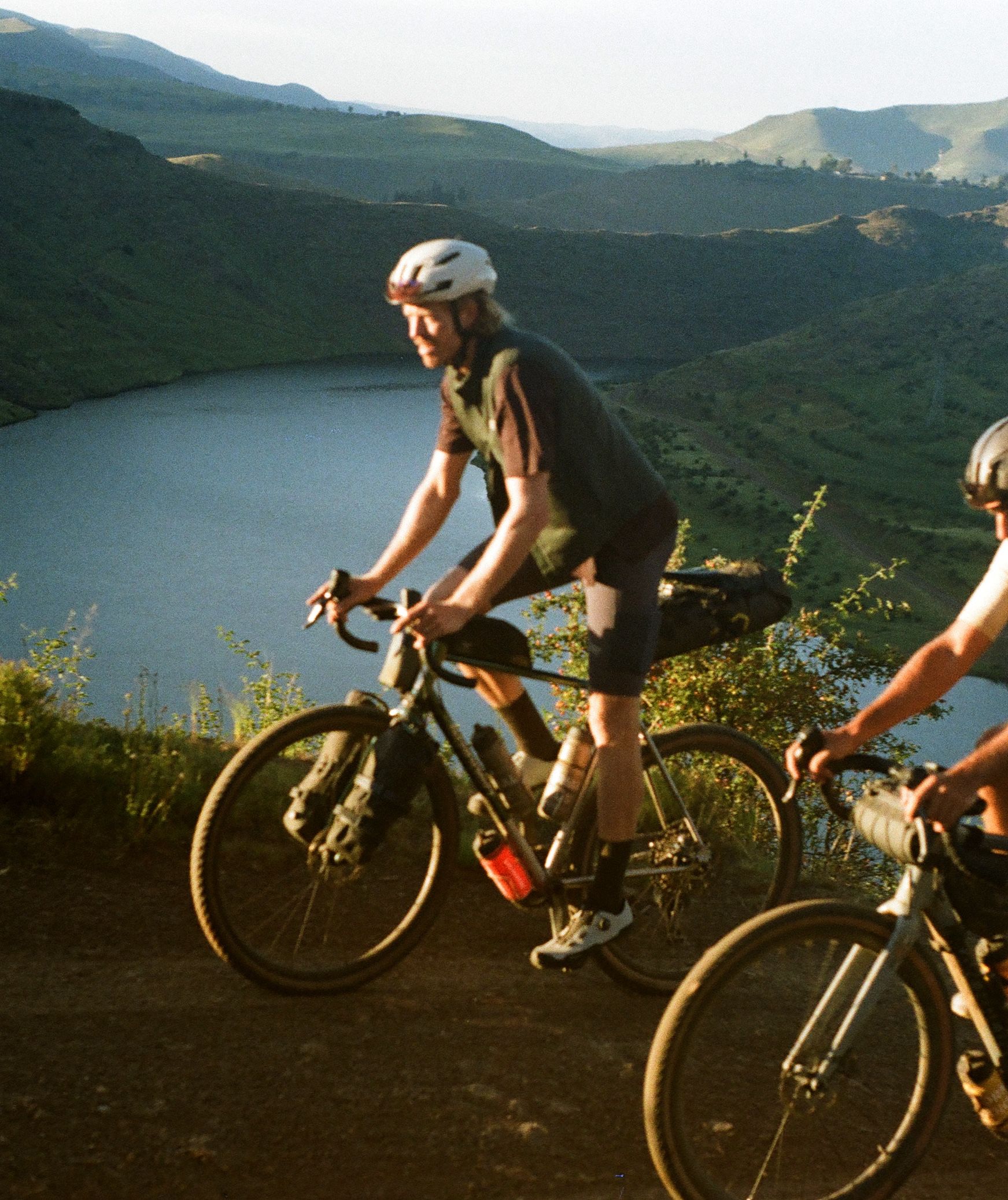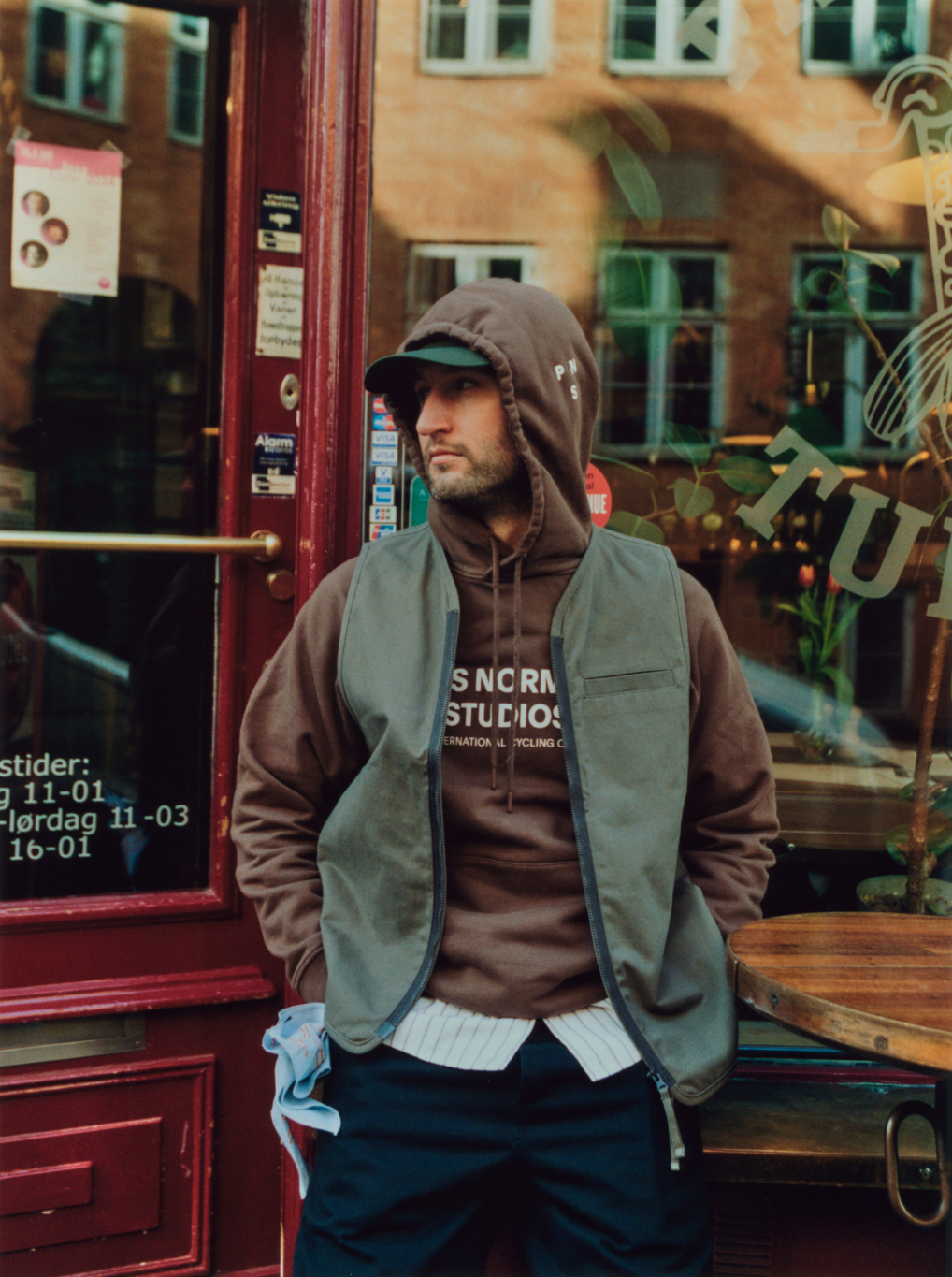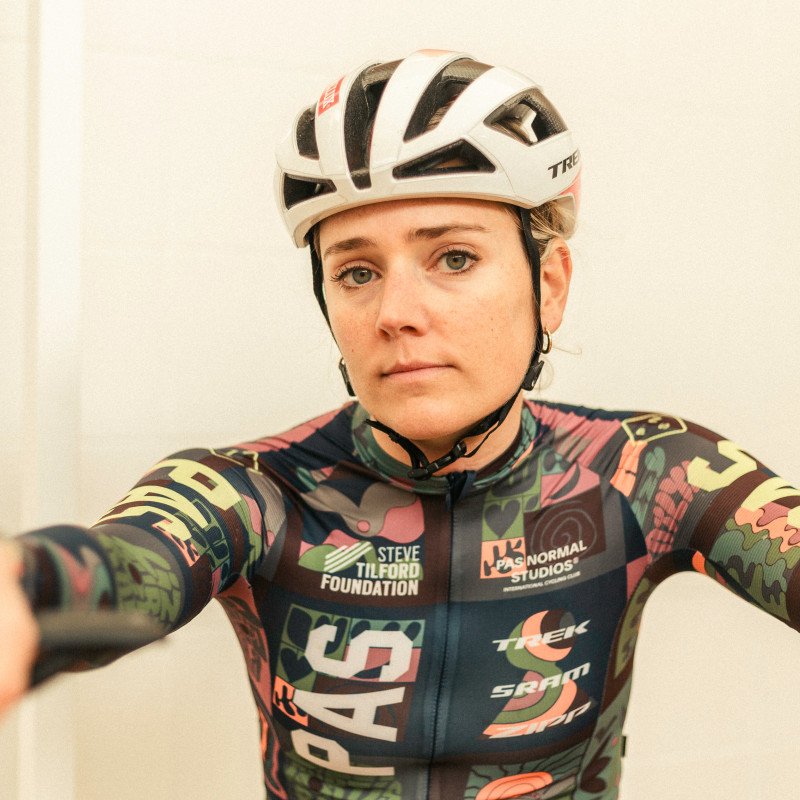When The Lights Go Out
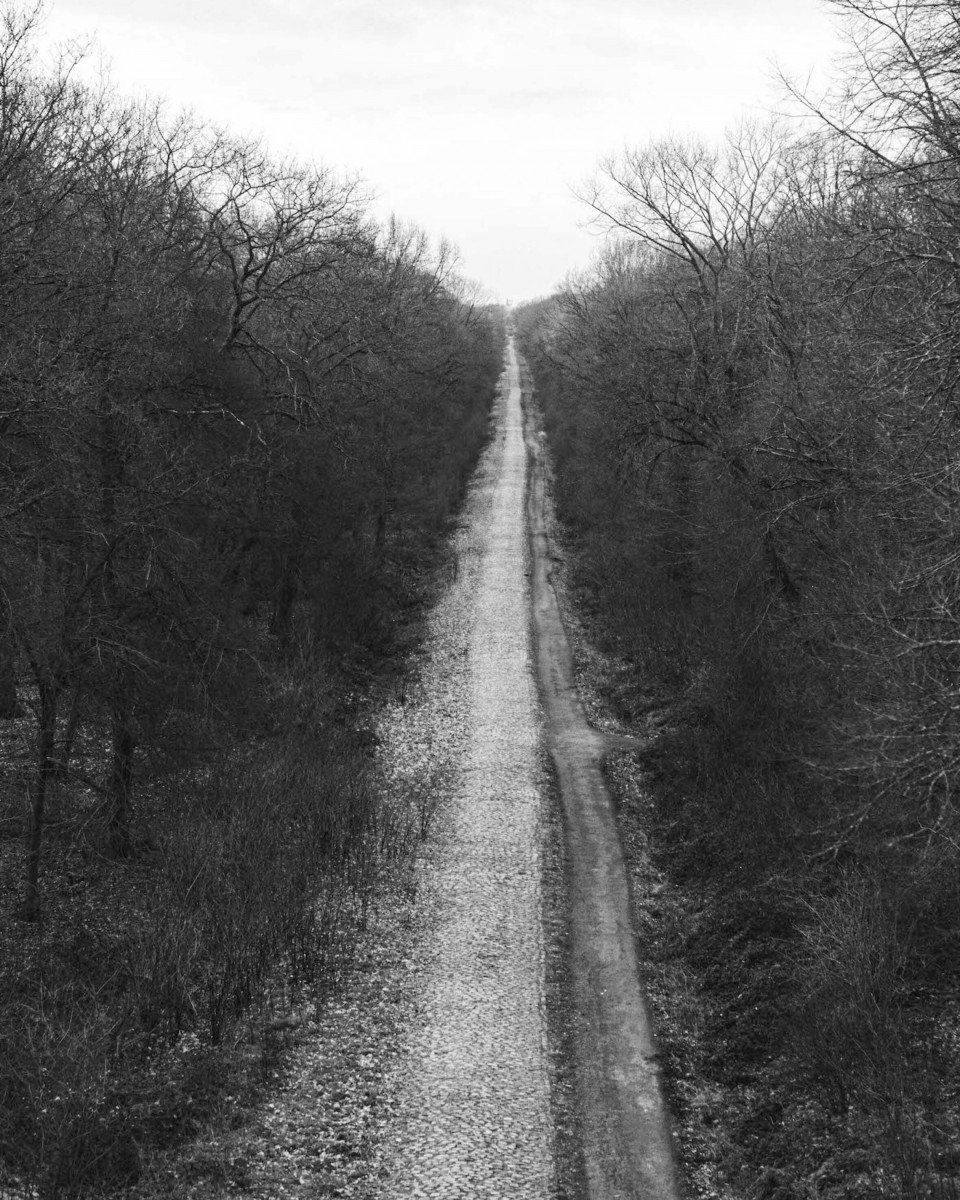
Entering into the town of Roubaix after a day of hell on the bike, you are filled with the expectation that this place, arguably the cycling capital of the Spring Classics, will greet you with open arms, wrap you up in a loving embrace, and tell you that everything will be alright. You are half expecting to be overwhelmed with all the glamour and energy that is fed through your television every year. After a day of having your skeleton jostled around, it is on that last lap and a half of le Vélodrome roubaisien where you hope to be injected with the residual electricity in the air from last season's cheering crowds to give you the last bits of energy needed to sprint across the line. Out of season, the passion for cycling you see on the television lays dormant; Roubaix softly slumbers away in a state of hibernation.
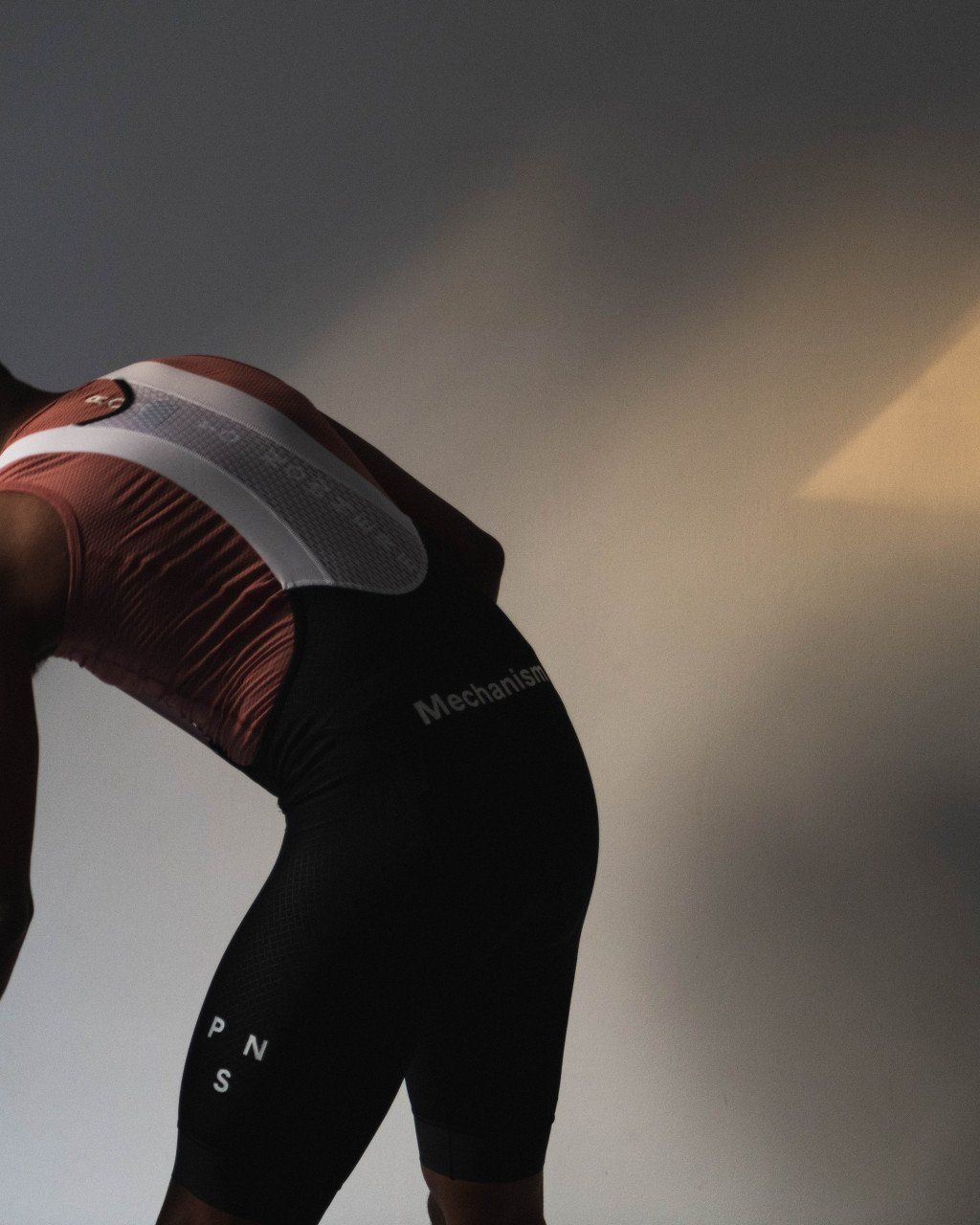
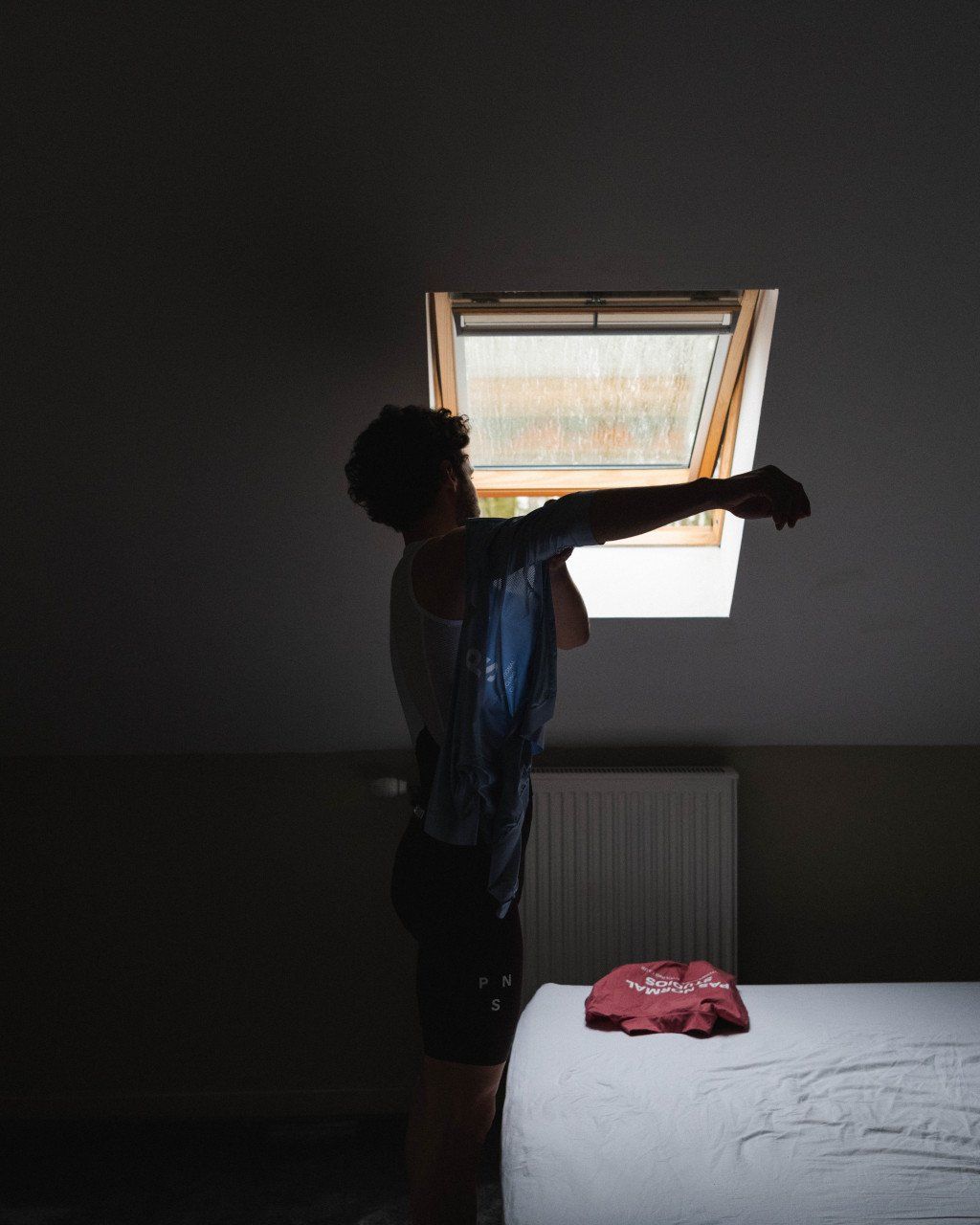
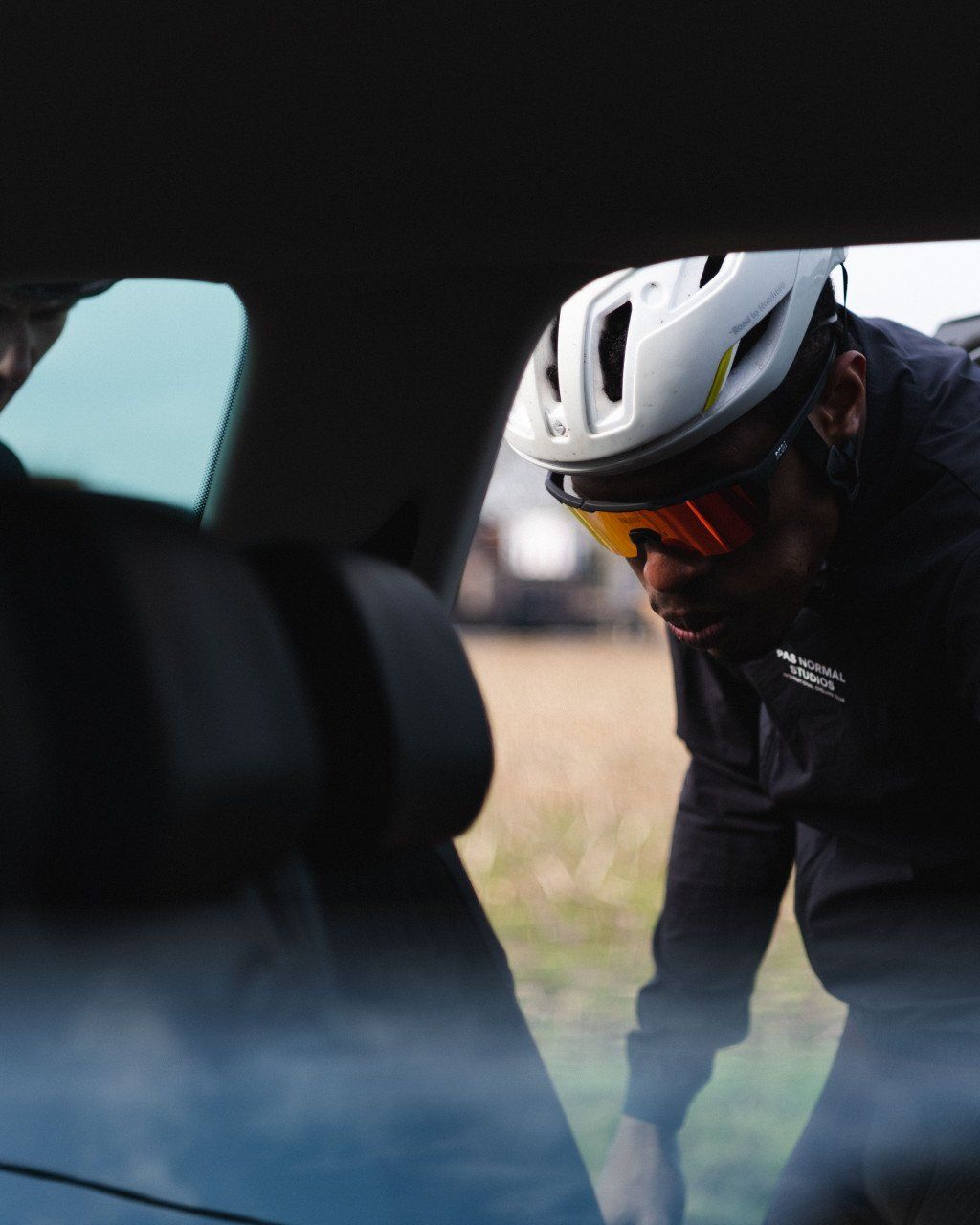
There is an empty, hollow feeling taking that final lap around the famed velodrome with nobody there to watch you. The bleachers filled with broken bottles and candy wrappers, while all the passion in this arena lays with the young teenage couples, tucked away higher up in the stands, exploring the bounds of their love for one another.
The silence follows you from the velodrome to the showers - a sacred place that has played host to such historic moments of glory and triumph. Now, it can be seen for what it truly is: a cold, unrefined room, stark and bereft of any glamour. You create in your mind a scene that is filled with excitement and celebration that punches through the exhaustion. You try to imagine what kind of profound joy has been felt in this space by the few hundred men, but the most tangible emotions that arrive are the feelings of disappointment, loss, suffering, and heartbreak.
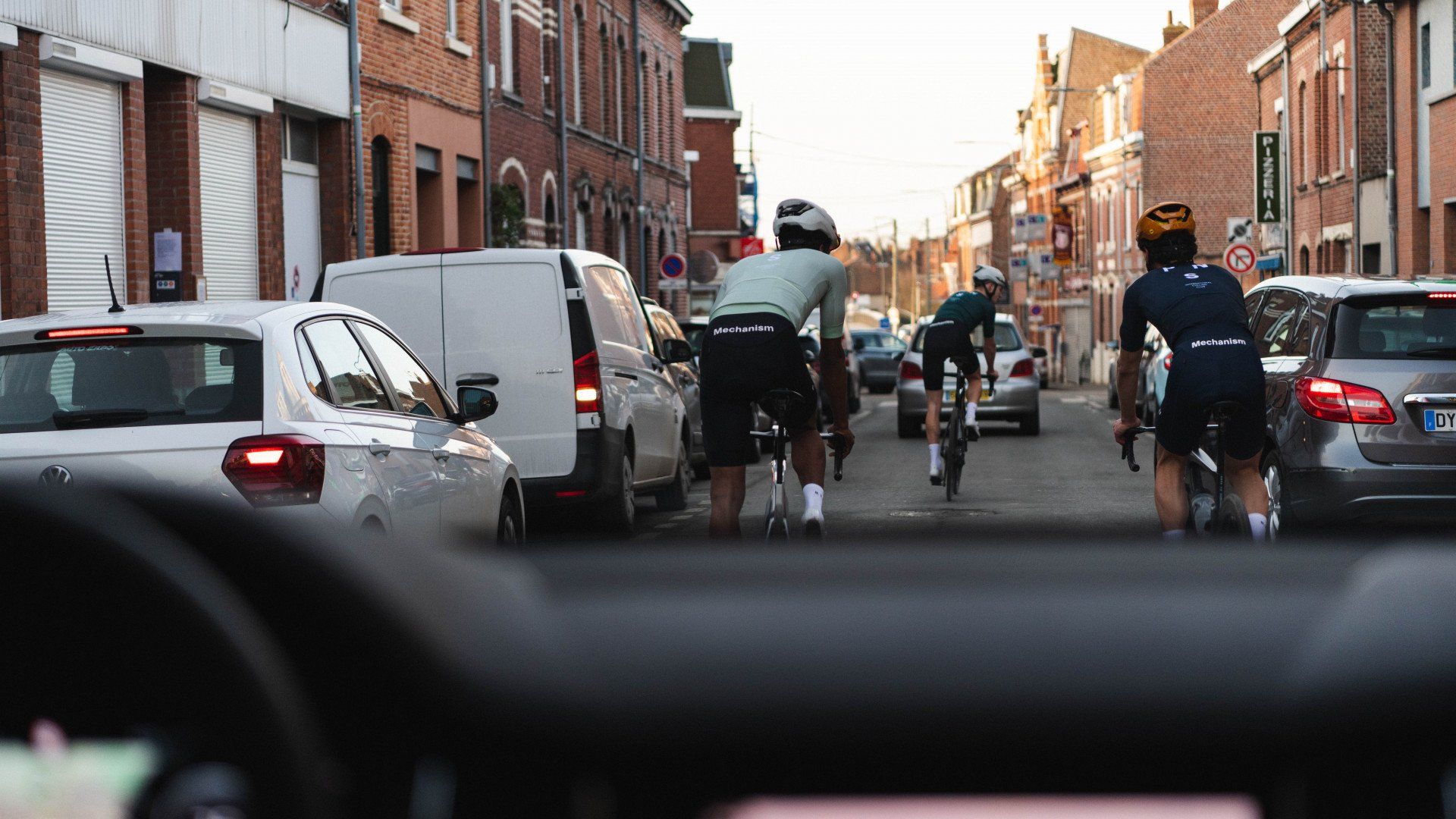
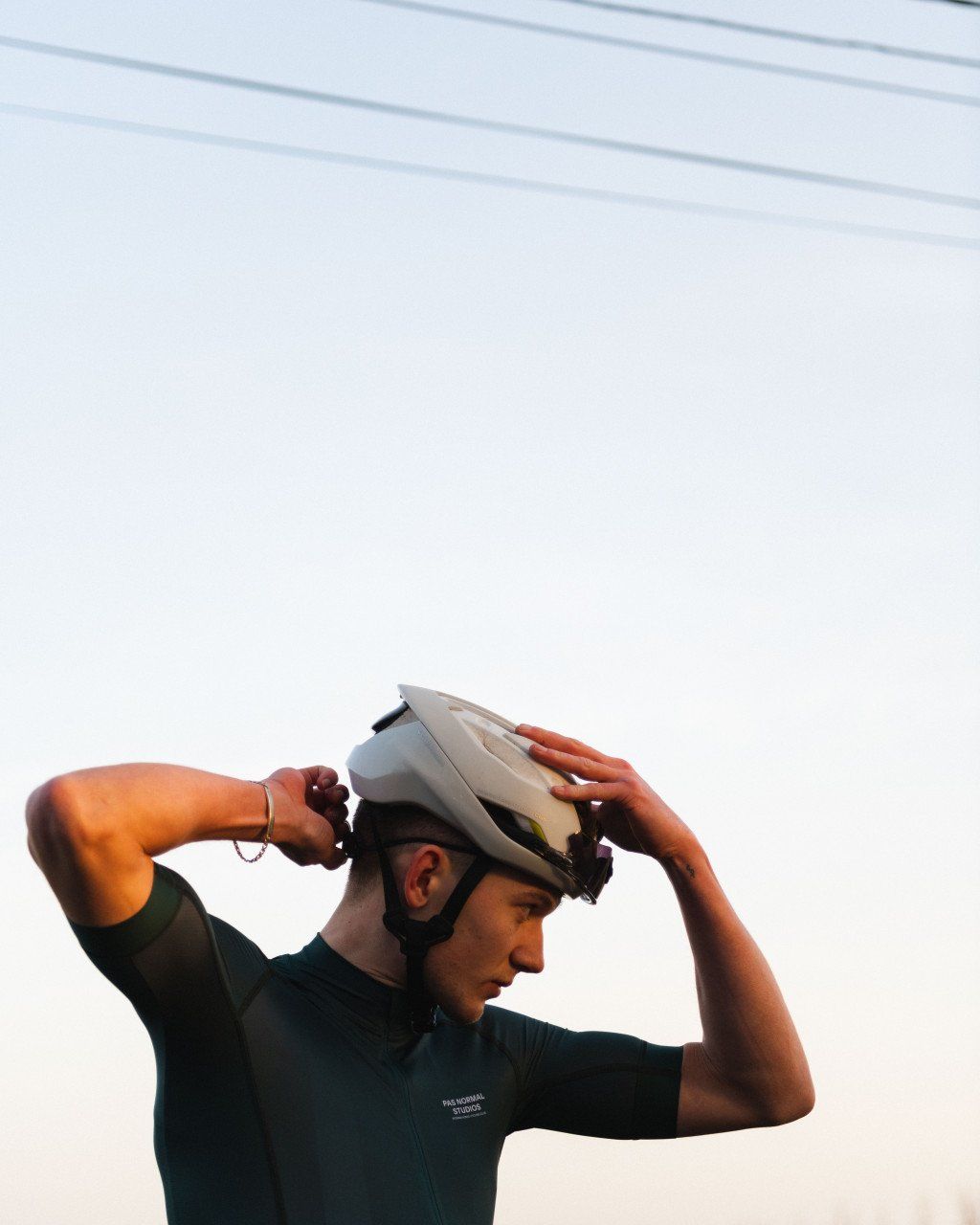
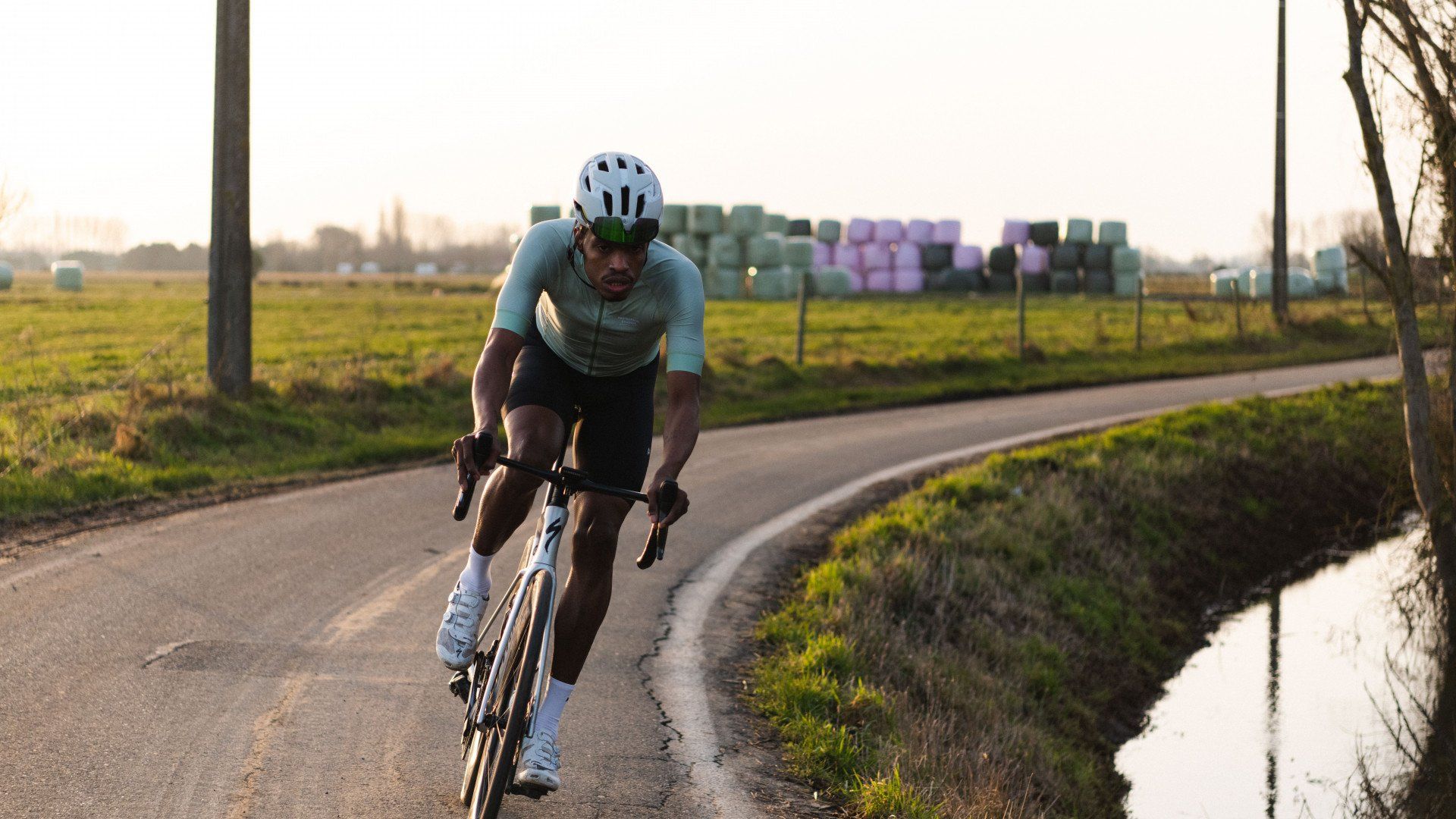
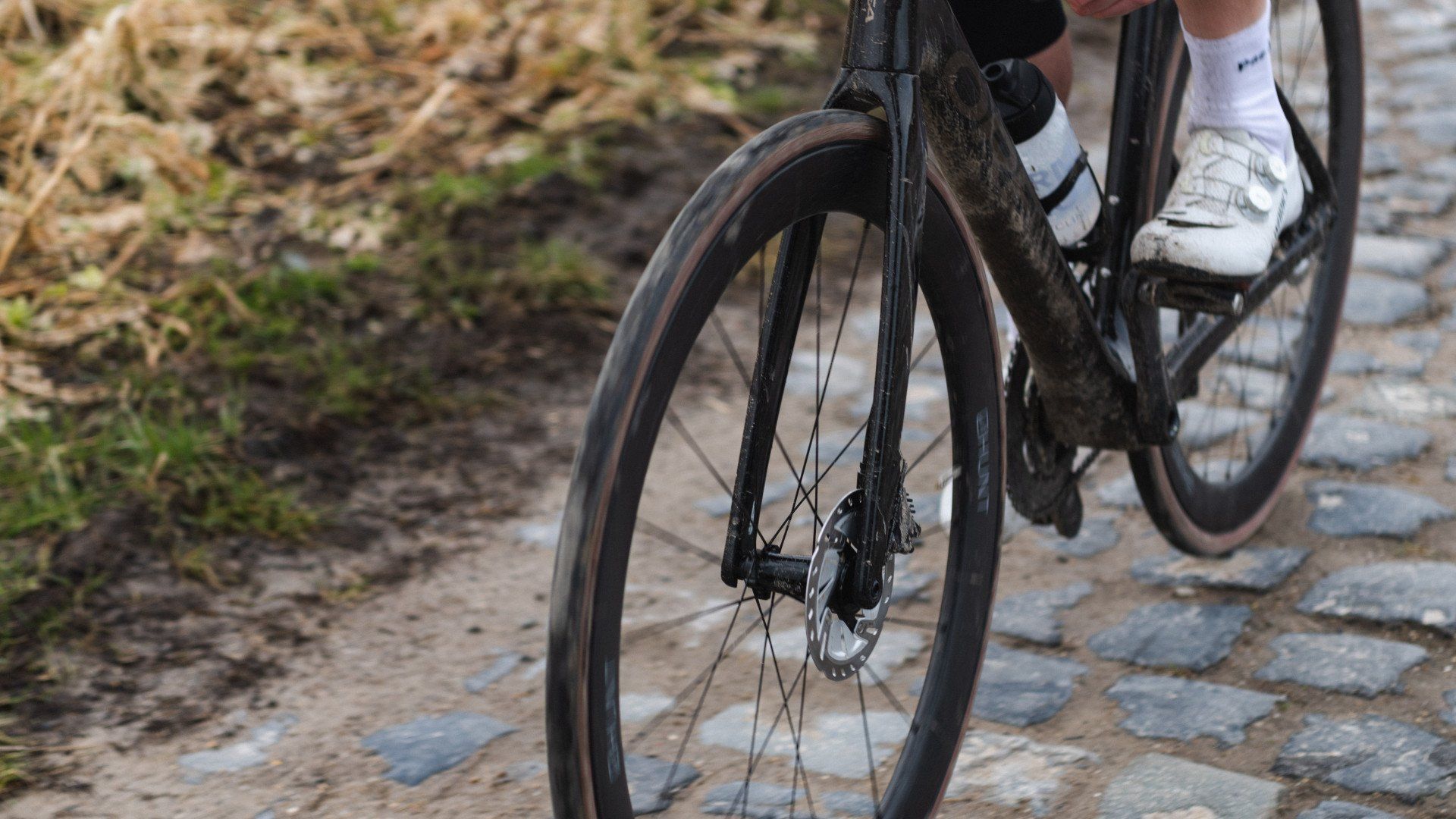
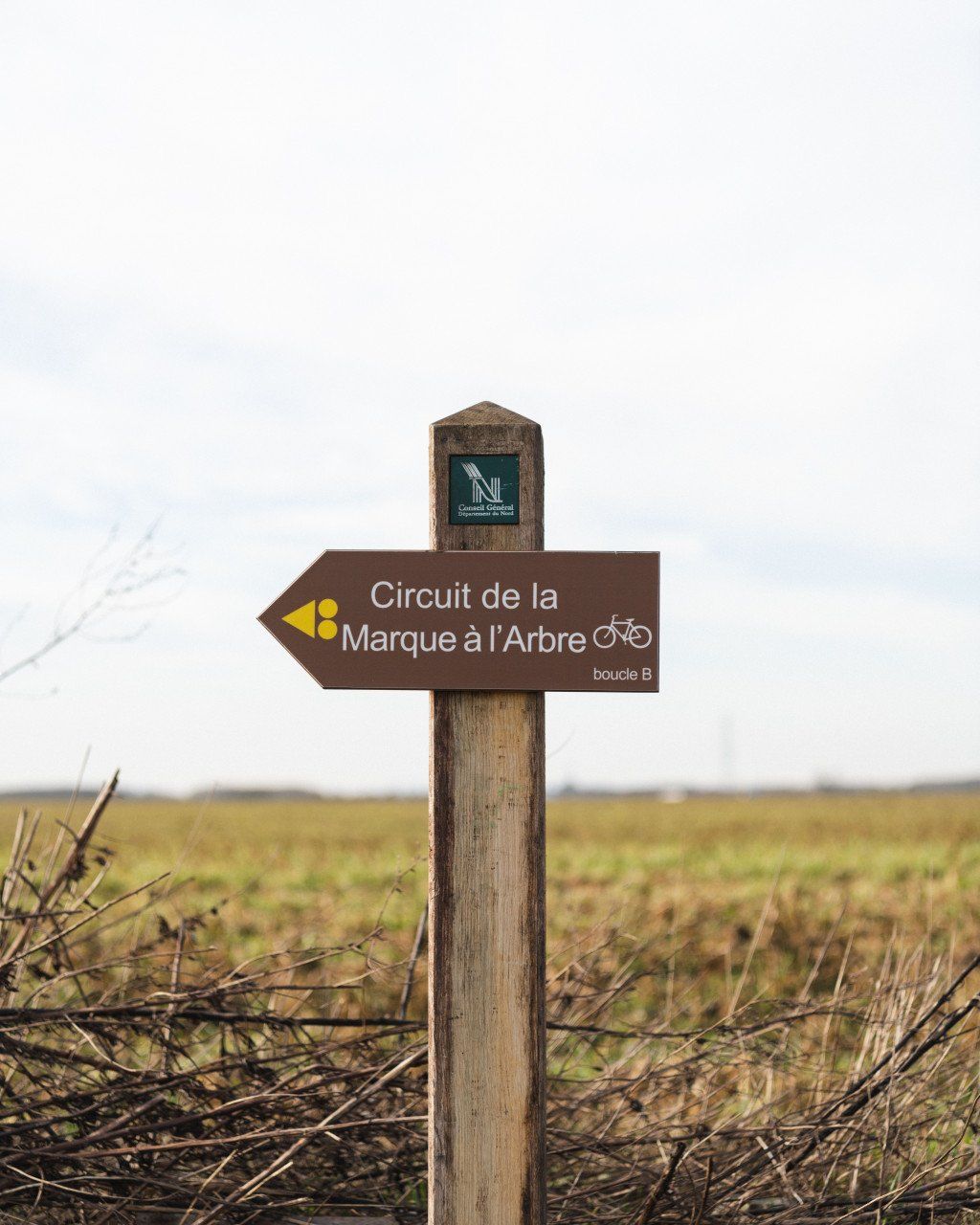
You walk through the concrete blocks in solemn silence, paying your respect and honouring the heroes of races past. France's idolatrous obsession of the steel steeds that carried their homegrown heroes to victory for over the last century can be felt throughout the country. But here, in the cold and quiet roads of the north, it feels more like a mausoleum where a part of anyone who has ever ridden the gruelling race has died and was left buried deep beneath the concrete headstones. Each stone reads the name of a vainqueur and the year of their siege over the pavé of Northern France, but now it feels more like walking through rows of unmarked graves for the 174 dreams that died alongside the victor in each of those years.
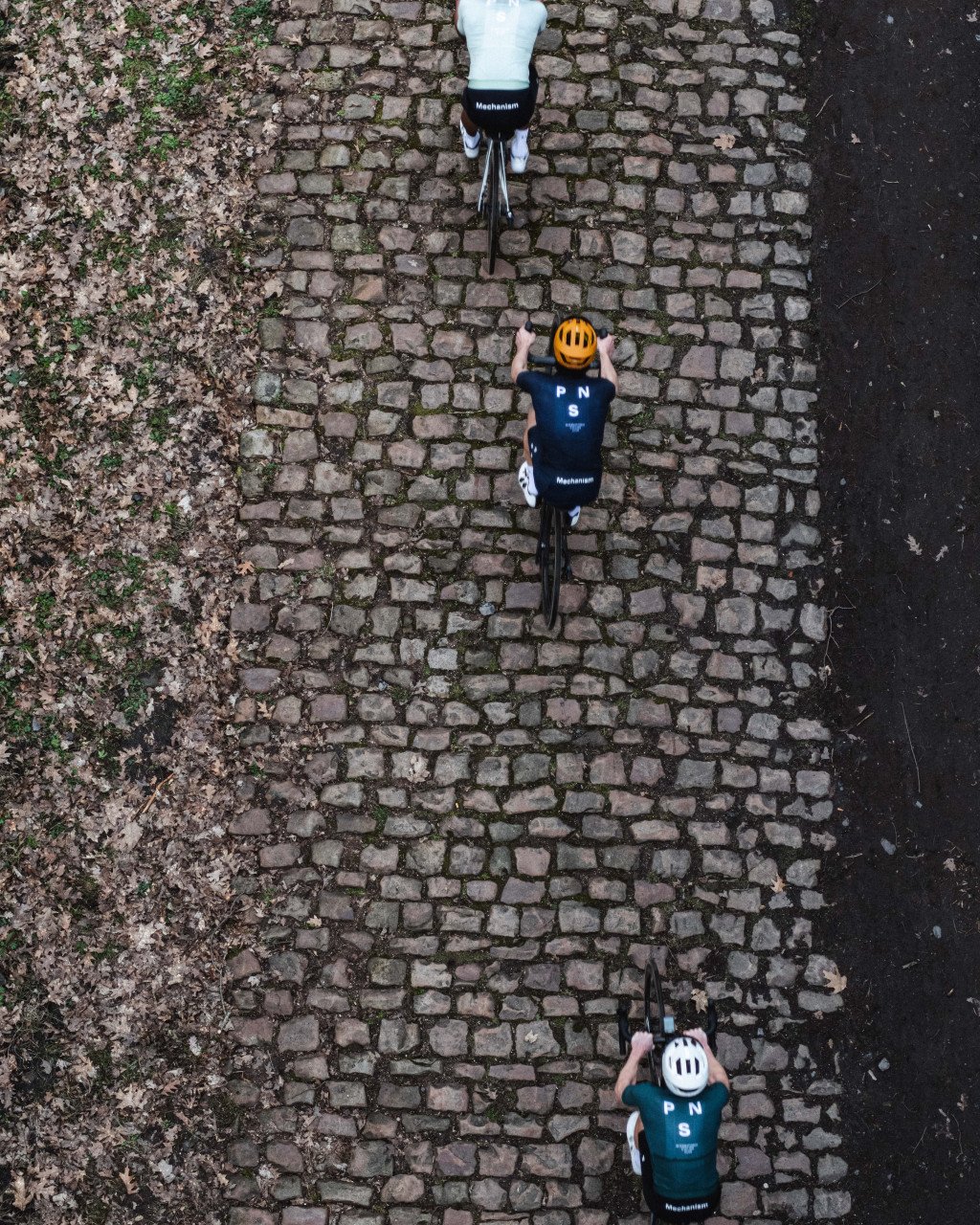
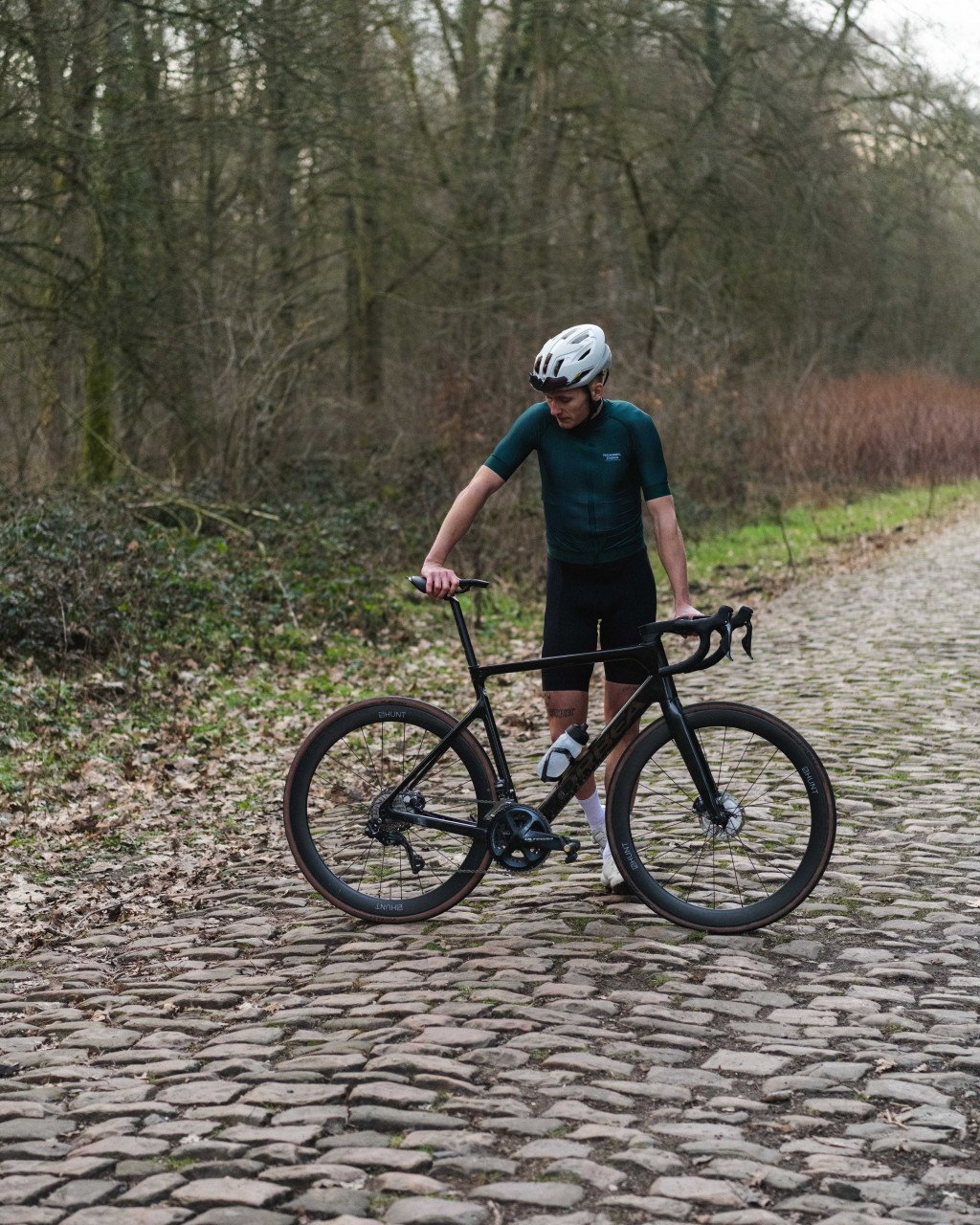
We ride over the cobbled roads and can reminisce on historic moments from within the professional peloton. We feel a vague kinship with the pros that have conquered these same cobbles, yet a strong sense of inferiority as only one of superhuman strength could conquer these roads with such speed and ferocity. This is why we idolise certain riders - they are superheroes capable of superhuman feats of strength and perseverance. But standing in the concrete cell blocks where so many have felt that overwhelming sensation of loss and disappointment after what must have been one of their hardest days on a bike, the cyclists become human just like the rest of us. They crash, fall, bleed, pick themselves back up, and keep pushing. They experience loss and disappointment. They struggle. They persevere. And they come back stronger, wanting it more.
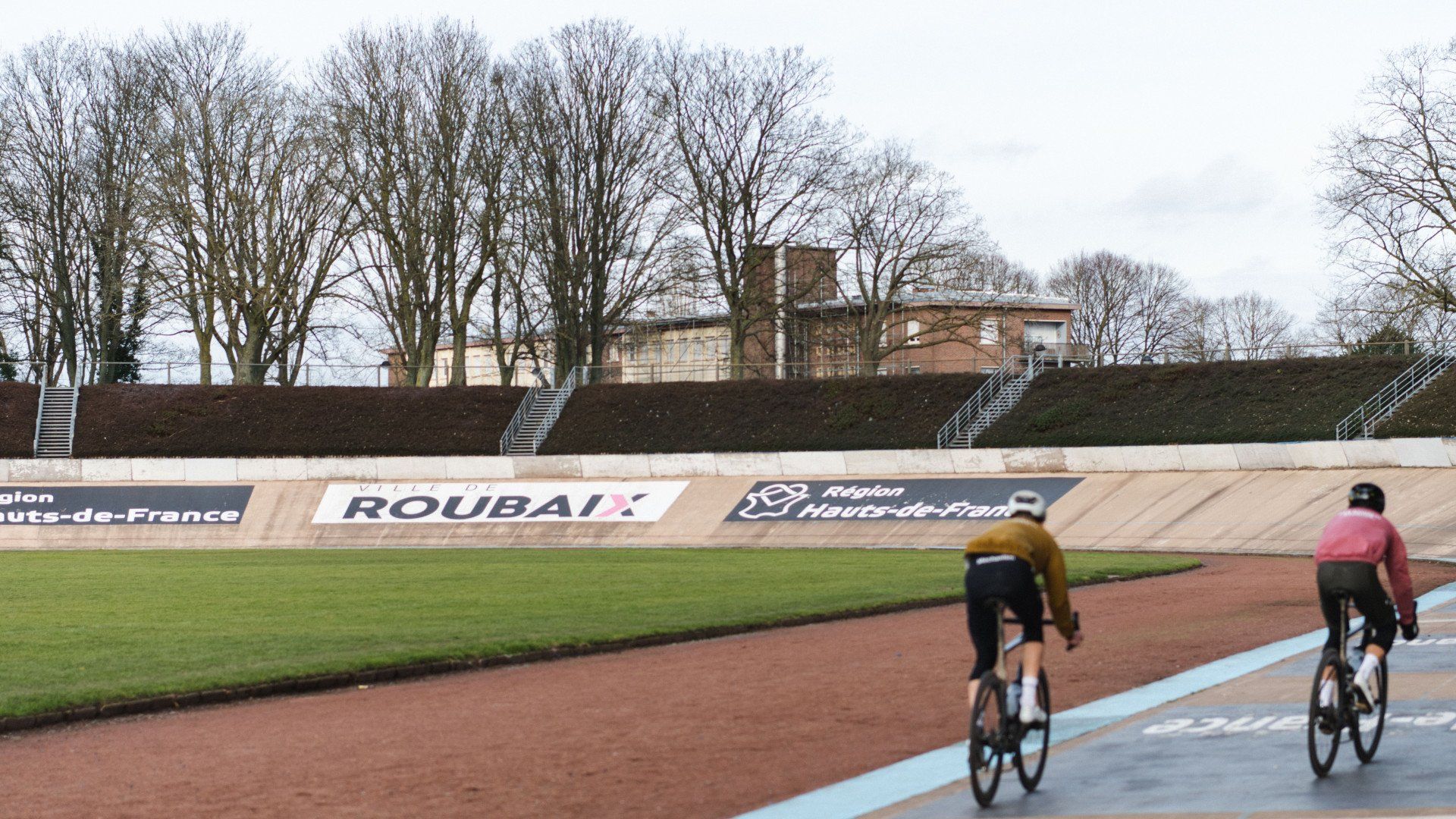
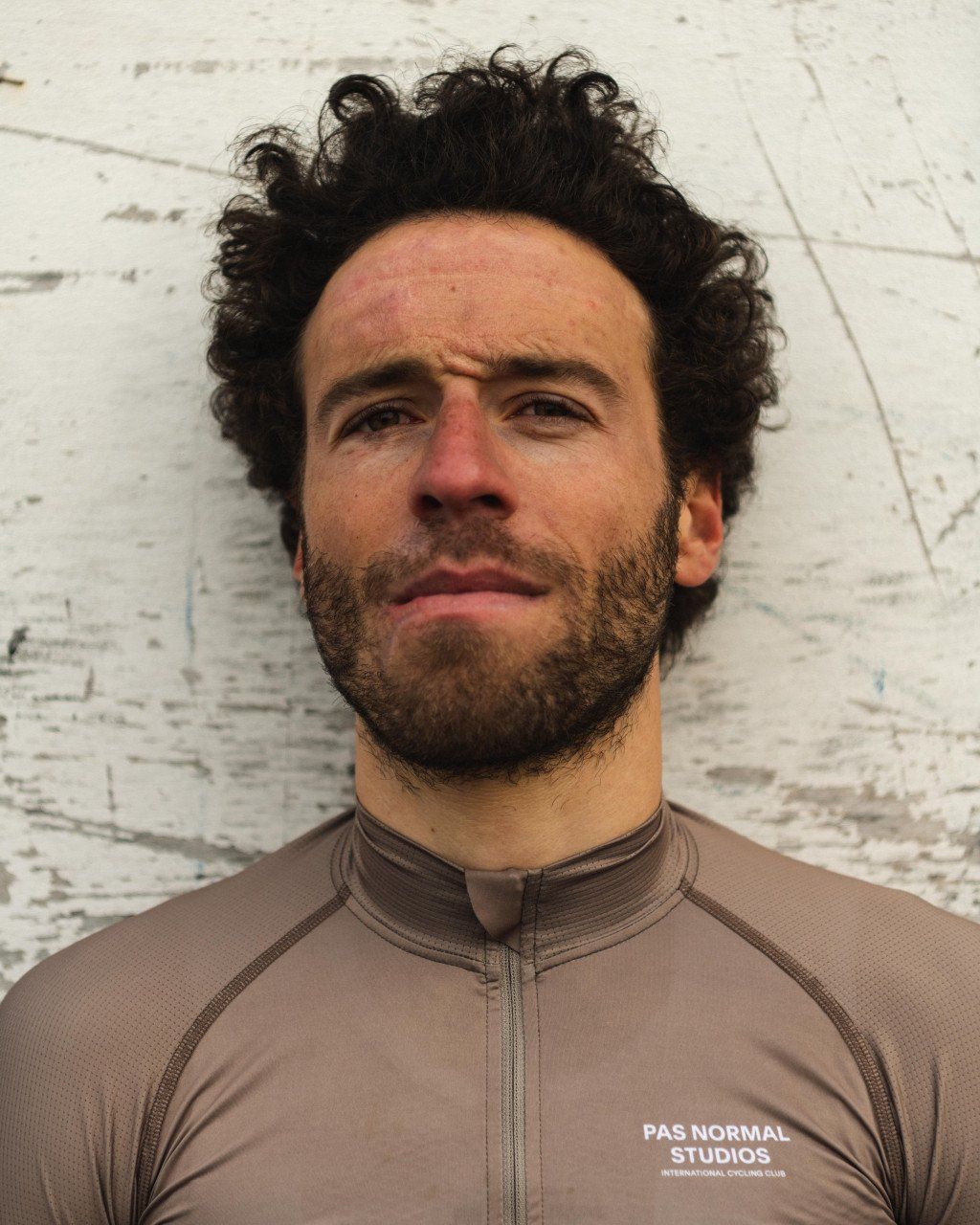
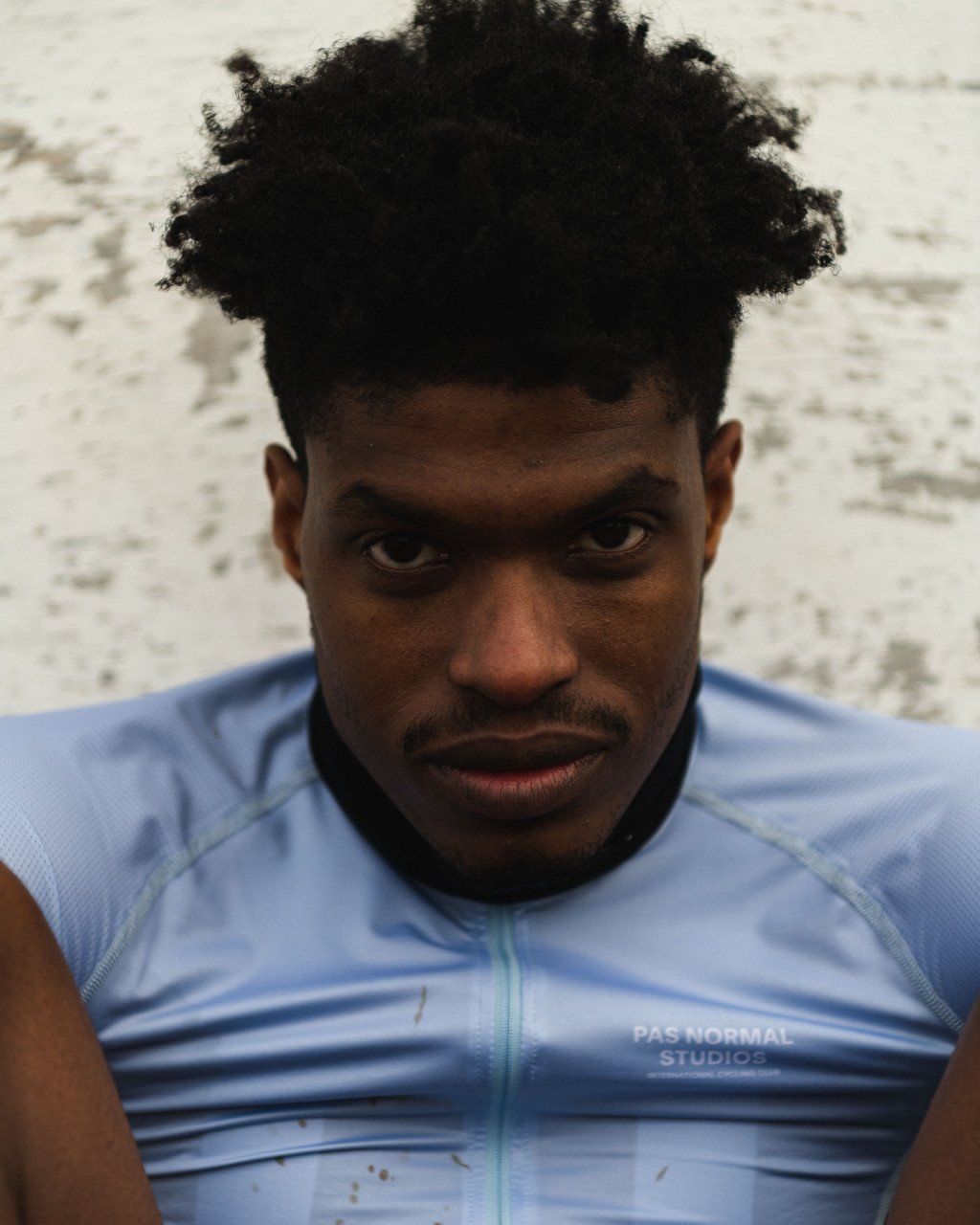
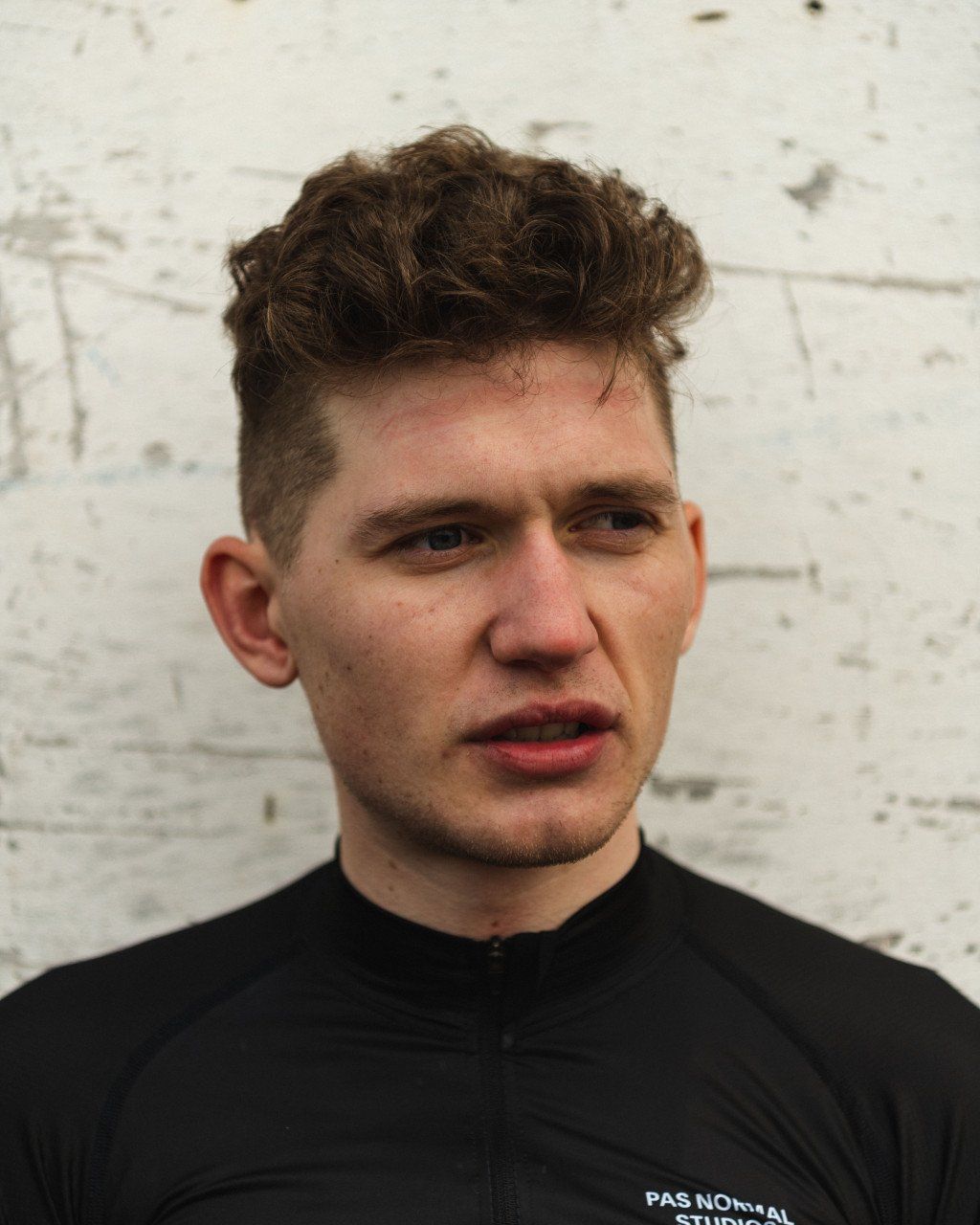
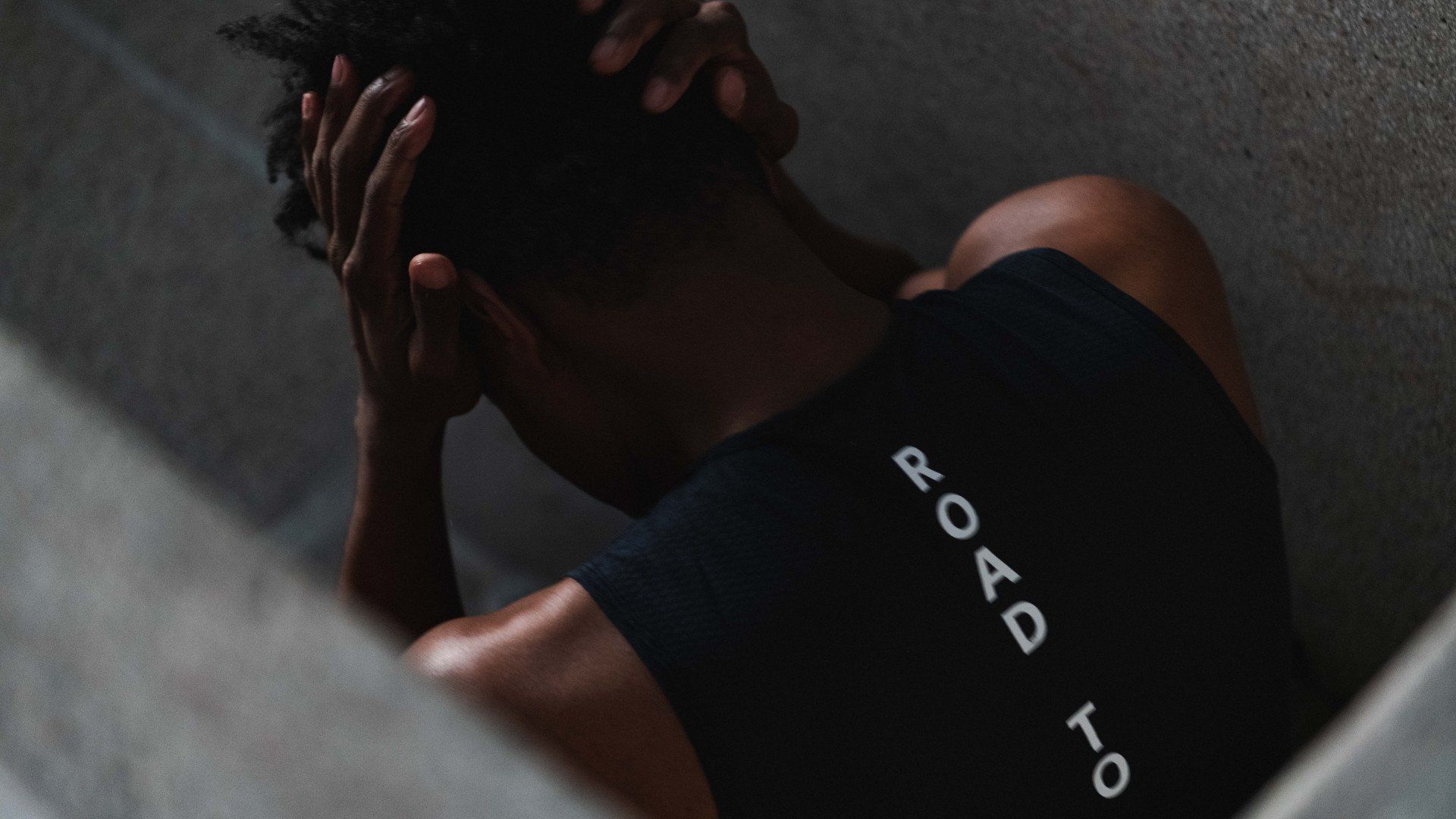
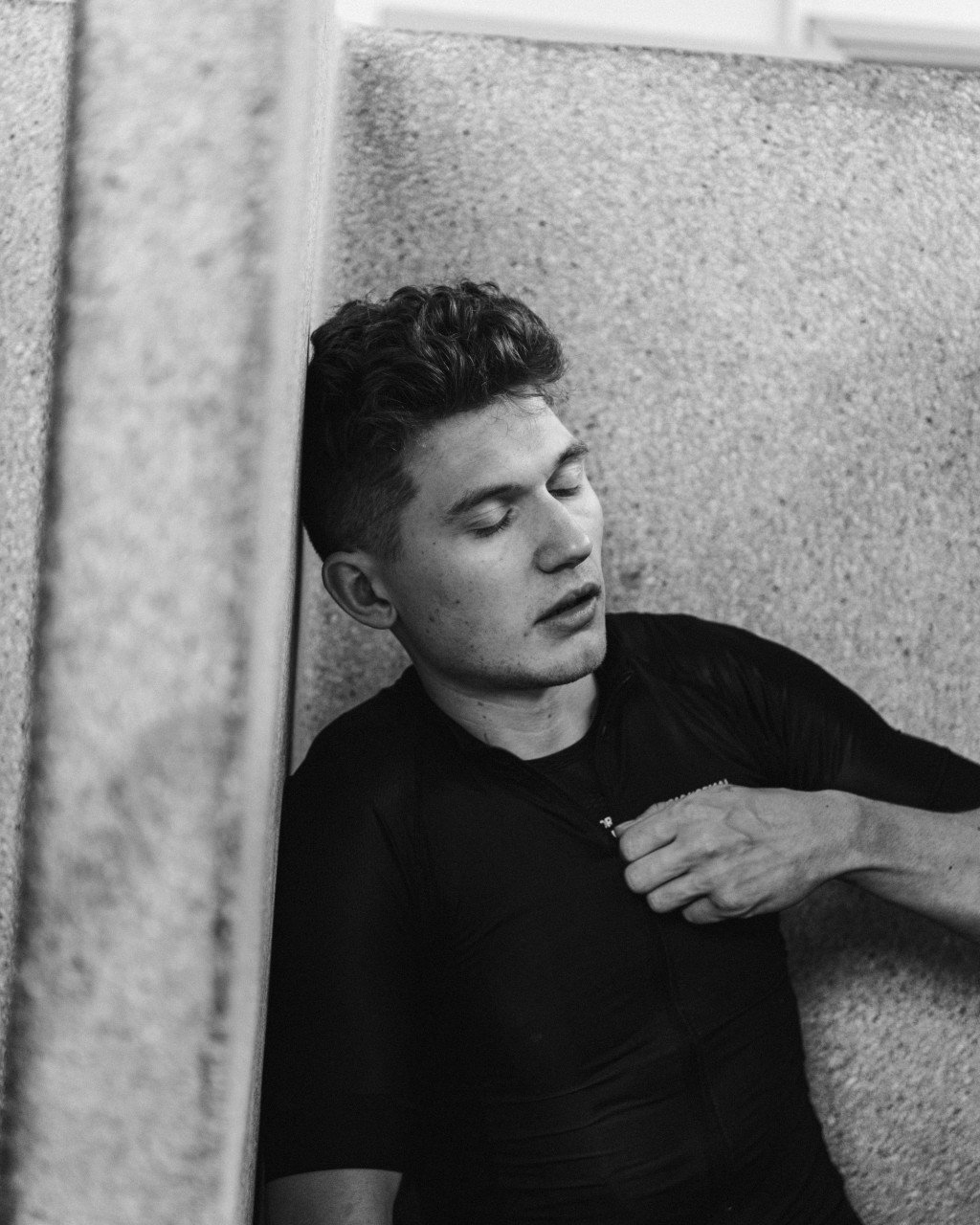
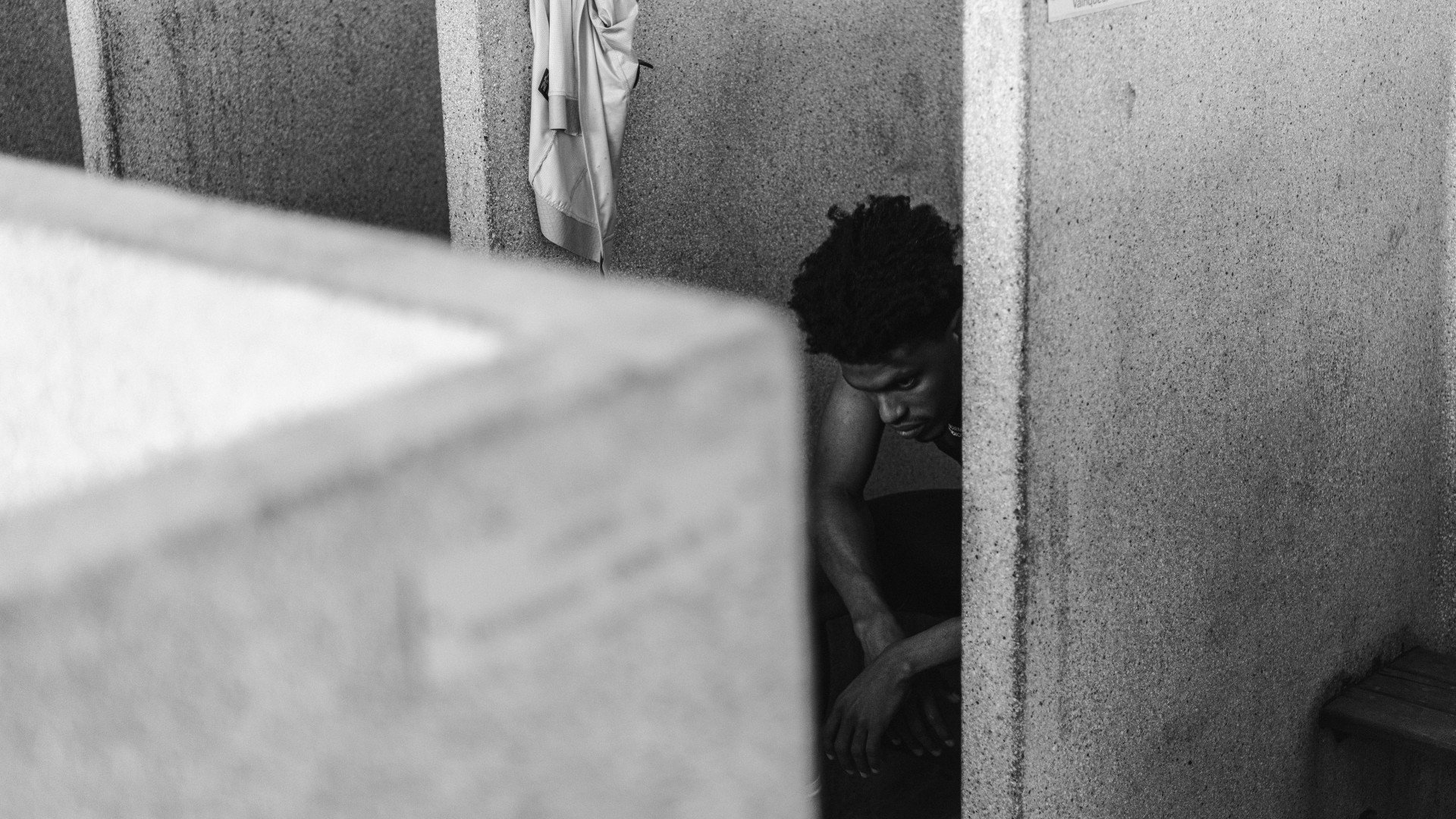
As the television feeds are shut down and the cycling circus packs up and moves out, there is hardly a trace of the spectacle that just occurred. The following day, Roubaix returns to its sleepy natural state, unbeknownst to the occasional passerby of the hysteria that had just gripped this town and its locals. The next 364 days will pass unmarked and uncelebrated as the monumental event begins to slowly fade into our memories as the circus continues to make its way farther north into Belgium and The Netherlands. The dilapidated 500m circuit of broken concrete will see little excitement over the coming seasons while the local young lovers will return to their secluded alcoves high up in the grandstands. The chaos of the cycling calendar will continue through the year and across the world, but here in Roubaix, life quietly goes on. The town returns to dormancy, waiting for the return of spring and with it the tremors of a waking giant.
